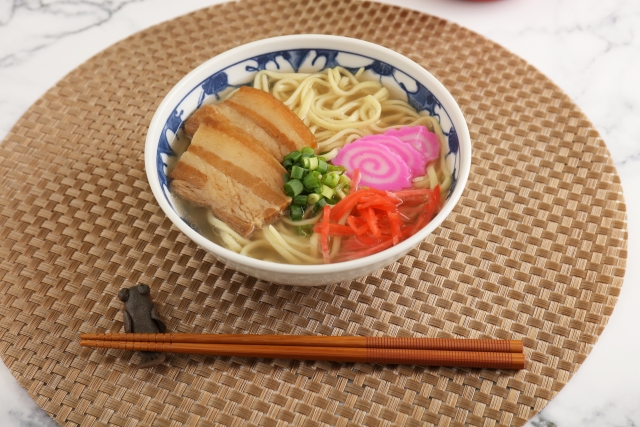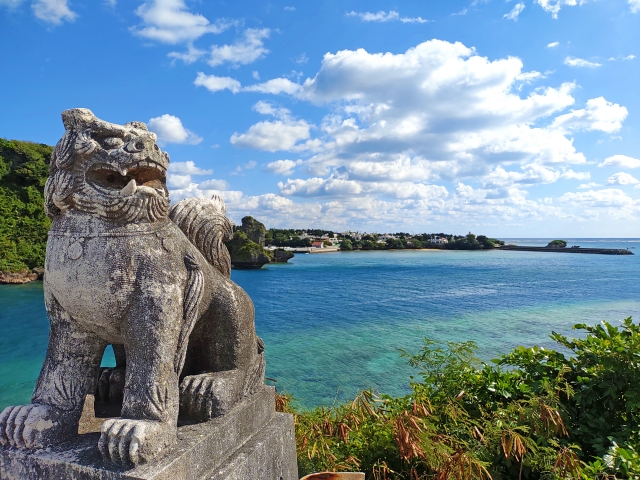Contents
Discover how Japan became the world’s longest-living country, focusing on Okinawa’s unique diet and lifestyle that help reduce inflammation and boost immunity.
The World’s Longest-Lived Nation: Why Is Okinawa So Remarkable?

As of 2024, Japan is recognized as the country with the world’s longest life expectancy, averaging about 81.09 years for men and 87.14 years for women.
Why do Japanese people tend to live longer compared to other nations?
One clear factor is Japan’s national health insurance system, which offers affordable medical care to almost everyone.
However, another major reason is often attributed to diet and the influence of traditional Japanese cuisine.
While longevity is common across Japan, Okinawa in particular stands out as having the highest concentration of centenarians. This time, let’s explore the dietary habits of Okinawa.
The Okinawan Diet

Okinawa is recognized as one of the world’s “Blue Zones,” areas with unusually high rates of people living to 100 or beyond.
The Okinawa diet features plenty of plant-based foods known for anti-inflammatory properties and rich in antioxidants.
According to a 2023 study published in Nutrients, individuals who followed an Okinawan-style diet for four months not only lost weight but also lowered their blood sugar, insulin, and cholesterol levels.
They even experienced beneficial changes in gut microbiota. These anti-inflammatory characteristics appear to play a significant role in overall health.
Chronic, low-level inflammation at the cellular level is linked to the aging process and age-related diseases such as heart disease, stroke, diabetes, and cancer. Thus, reducing inflammation through diet is crucial for long-term well-being.
Furthermore, studies on individuals consuming the Okinawan diet have shown higher levels of antibodies like IgA and IgG, which protect the body from viral and bacterial infections. There’s also speculation that the Okinawan diet may slow the rate at which telomeres shorten.
Low-Salt Okinawa Cuisine
Okinawan dishes typically use less salt than many other regional cuisines, as well as less sugar, and emphasize a variety of vegetables.
The diet also includes healthy fats like omega-3 fatty acids from fish.
A good example is the contrast between Okinawa and certain northern Japanese regions.
Places like Aomori or Akita in the Tohoku region have notably shorter average lifespans, often attributed to their high-salt diets.
Changes in Okinawa: A Warning Sign

Although Okinawa has long been a Blue Zone, the rise of fast food has led to growing concerns about obesity, and a decline in overall longevity trends has been observed. While globalization makes it easier to enjoy international foods, paying attention to nutrition and salt intake remains key to leading a longer, healthier life.

